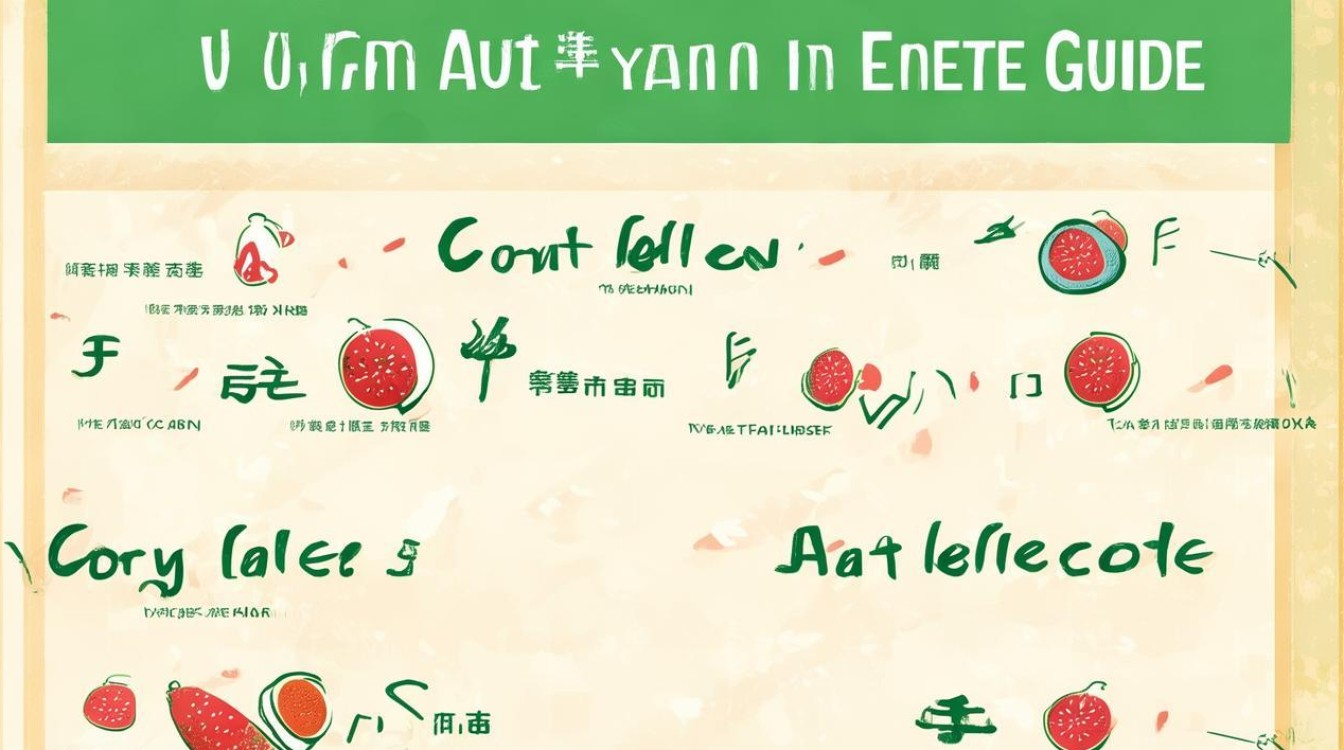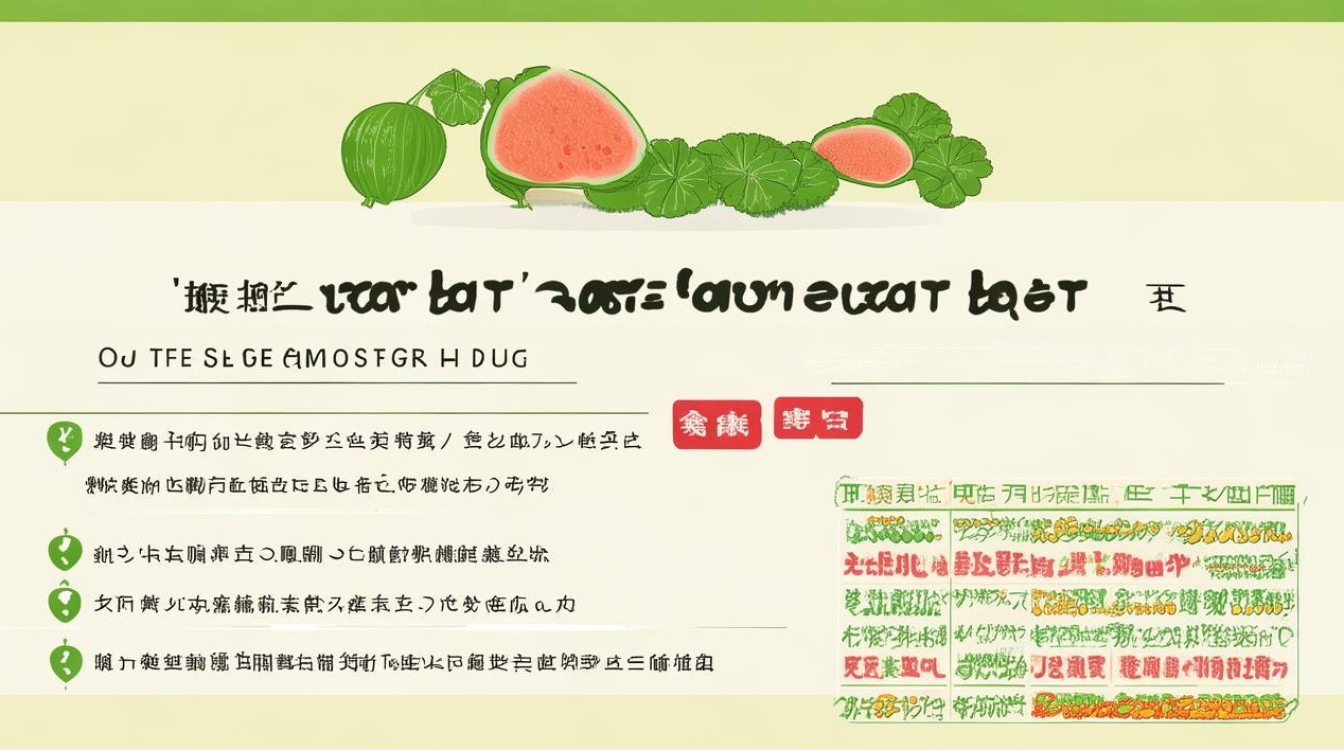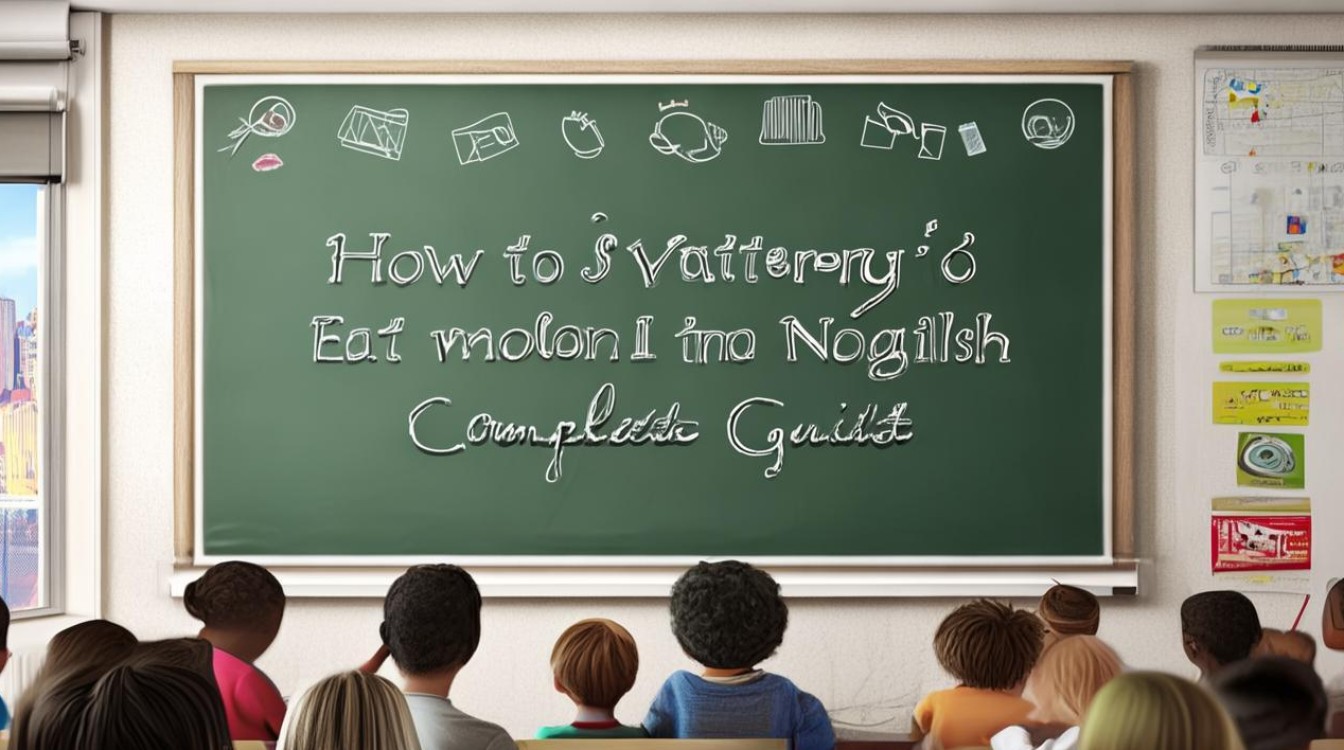The internet slang "吃瓜" has become a popular term in Chinese online culture, referring to the act of watching drama or gossip unfold without direct involvement. But how do you express this concept in English? Let’s explore the most accurate translations, cultural nuances, and usage examples to help you communicate this idea effectively.

The Direct Translation: "Eating Melon"?
At first glance, a literal translation of "吃瓜" would be "eating melon." However, this phrase doesn’t carry the same meaning in English. While "eating melon" might confuse native speakers, the term has evolved into a metaphor for passive observation of drama or gossip.
The Closest English Equivalents
Several English phrases capture the essence of "吃瓜." Here are the most fitting options:
-
"Watching the drama" – This phrase directly conveys the idea of observing a situation unfold, often with a sense of amusement or detachment.
- Example: "I’m just here watching the drama—no need to involve me."
-
"Being a spectator" – Emphasizes the passive role of someone who watches without participating.

- Example: "She’s not part of the argument; she’s just a spectator."
-
"Popcorn time" – A humorous way to describe enjoying gossip or conflict, referencing how people eat popcorn while watching movies.
- Example: "This debate is getting heated—popcorn time!"
-
"Rubbernecking" – Originally used for slowing down to look at accidents, it now applies to observing online drama.
- Example: "Stop rubbernecking and mind your own business."
-
"Schadenfreude" – A German loanword meaning pleasure from others’ misfortune, sometimes overlapping with "吃瓜."
- Example: "His reaction was pure schadenfreude—he loved seeing them argue."
Cultural Differences in Expressing "吃瓜"
While "吃瓜" is a lighthearted term in Chinese, English equivalents can vary in tone. "Popcorn time" is playful, whereas "rubbernecking" carries a slightly negative connotation. Understanding these nuances ensures accurate communication.

In Western internet culture, similar behaviors exist but are often framed differently. For example:
- "Tea" – Slang for gossip (e.g., "Spill the tea!").
- "Clout chasing" – When someone stirs drama for attention.
- "Keyboard warrior" – Someone who comments aggressively but stays uninvolved.
How to Use These Terms in Context
To sound natural, consider these examples:
- "I don’t want to take sides—just here for the popcorn."
- "Why are you rubbernecking? This doesn’t concern you."
- "The whole office is watching the drama between those two."
Why "吃瓜" Doesn’t Have a Perfect English Translation
Language reflects culture, and "吃瓜" is deeply rooted in Chinese internet behavior. The closest English phrases capture parts of the meaning but not the full cultural context. This makes it a fascinating case of untranslatable slang.
Final Thoughts
If you’re explaining "吃瓜" to an English speaker, "watching the drama" or "popcorn time" are the easiest ways to convey the idea. For a more precise meaning, adding context helps—"It’s like watching gossip without getting involved."

Language evolves, and maybe one day, "eating melon" will become a recognized term in English too. Until then, these alternatives work perfectly.

